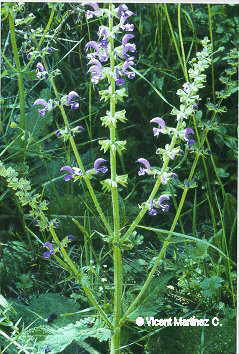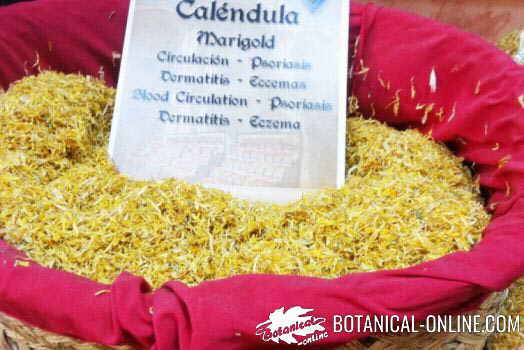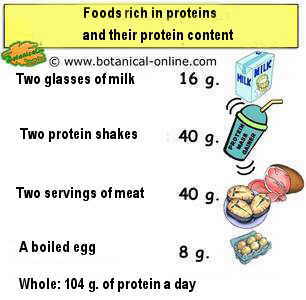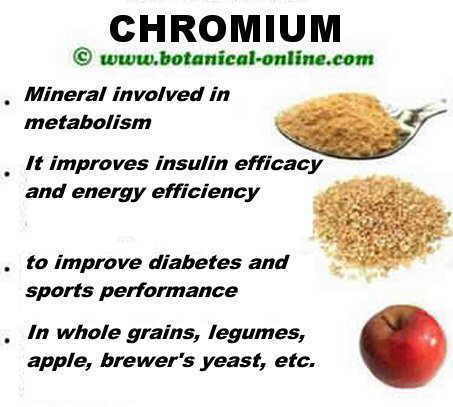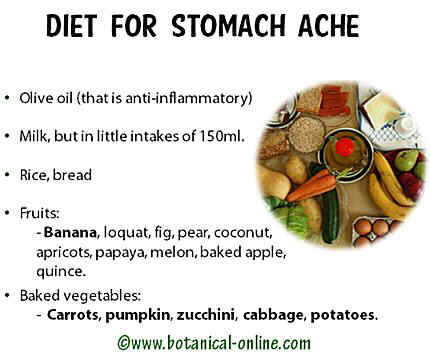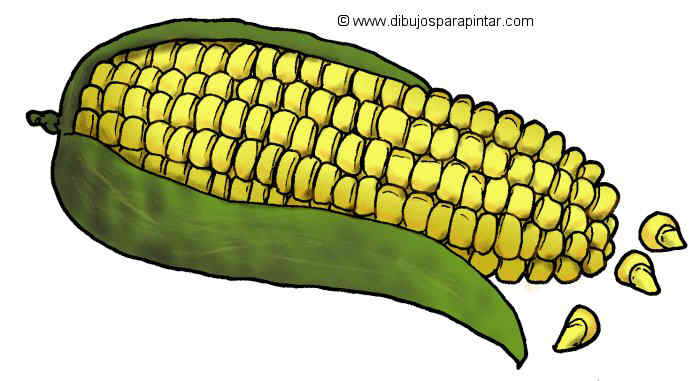Contents
BENEFITS OF CASHEW NUTS
The nutritional benefits of cashew nuts
Cashew fruits are included in the nuts food group because they have a poor water content. Cashew nuts are very nutritious, Their low water content conveys an increase of the proportion of nutrient values of this food. They are more concentrated than other juicy fruits and, therefore, they are more nutritious.
Moreover, because of its high fat content, they are also a very caloric food and, consequently, a great source of energy. Fats represent 9 calories per gram content, unlike proteins and carbohydrates, which provide with 4 calories per gram content.
Fat in cashew
As 50% of the composition of cashew nuts is made of fat, and fat has more than twice the calories of the other two nutrients, cashews are highly caloric. If they were predominantly rich in proteins or carbohydrates, calorie level would be less than half what it is.
However, cashews do not only contain those nutrients, but they also contain large amounts of vitamins and minerals, with antioxidant effects, including other effects and actions which are also very beneficial to ensure a proper functioning of many reactions in our body.
(See cashew composition)
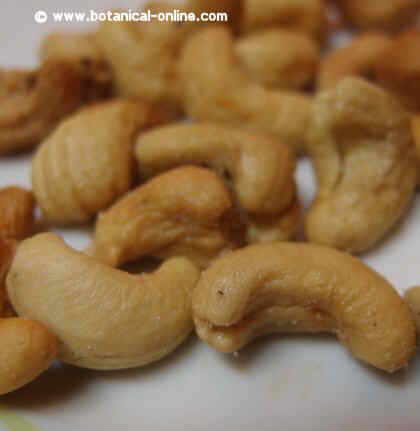
Photo of cashews
Cashews are a source of healthy fats
Cashews have a very high fat content, as well as other nuts. Their total fat content is about 50% of their composition. The remaining 50% is composed of nutrients such as carbohydrates in more than 30% proteins in amounts that exceed 15%.
The fat in cashews can be divided into two types, saturated and unsaturated. In turn, the unsaturated fat present two forms: monounsaturated fats or polyunsaturated fats. Fat in cashews is considered very positive against ” bad cholesterol“ (More information)
Cashews are a source of protein
Cashews, like most nuts have a high amount of protein. But this protein source is poor in two amino acids, lysine and methionine. If we make a purely vegetarian food, we should combine them with cereals and legumes, otherwise we will create harmful and avoidable food shortages.
Proper intake of protein is of great importance in order to perform many reactions in our bodies, but also to keep the muscles strong and not to lose them. When we talk about muscles, we do not just mean the visible muscles (arms, legs,…), but we also include the muscles of our body’s internal tissues and organs, such as the heart.
For example, if we do not bring enough protein in our diets, we will provoke a constant muscle loss. This loss of muscle occurs throughout our body, also on the walls of the heart, which become thinner and weaker, by means of being reduced. This implies an increased risk of complications if heart is not tough or strong enough to pump enough blood, which may jeopardize the life of a person. Whereupon, is not recommended to keep a protein deficit for long.
If we want to increase the amount of protein in our diet with a healthy diet, we can take 3-4 servings per week of nuts, which will help us to increase the total daily protein intake, but this also will improve our nutrition, since nuts are a food with a high nutrient content.
Cashews are a source of carbohydrates
Cashews are high in carbohydrates, with amounts exceeding 30% of the total feed. It contains two types of carbohydrates, complex carbohydrates and simple carbohydrates. The latter are also known with the name of sugars.
As it happens with other nuts, cashews are composed mostly of complex carbohydrates. They only contain a fraction of sugars.
Sugars are absorbed more quickly than complex carbohydrates, providing an immediate source of energy. This involves a rapid rise in blood glucose level, which can be harmful, especially in cases of diabetes, because it would break the balanced levels of glucose, causing it to increase rapidly.
Being mostly composed of complex carbohydrates and simple sugars, cashews do not create sudden increases in levels of blood sugar. Glucose is being absorbed more slowly and progressively in our body, something that is found to be very beneficial to control the blood sugar in people with diabetes.
Cashews are a source of fiber
Cashews, unlike other nuts, are not very rich in fiber since they only contain 3g of fiber per 100g of food. This does not mean that consuming cashews is not beneficial because they contain many other healthy nutrients. In fact, compared to other foods such as lettuce, cashews are much higher in fiber than these, because they triple the lettuce fiber content.
Compared to other nuts, such as pistachios or almonds, the fiber content of cashew nuts does not represent a third of the fiber content of pistachios and only represents a quarter of the fiber content of almonds. Therefore, you consume cashews because they are healthy and nutritious, but not because they are “high” in fiber.
And yet having a low fiber content (compared to other nuts), its fiber content also comprises two types of fiber: soluble and insoluble fiber. Soluble fiber content is indicated in case of diarrhea and to reduce the absorption of other substances,
![]() More information on cashews properties.
More information on cashews properties.

